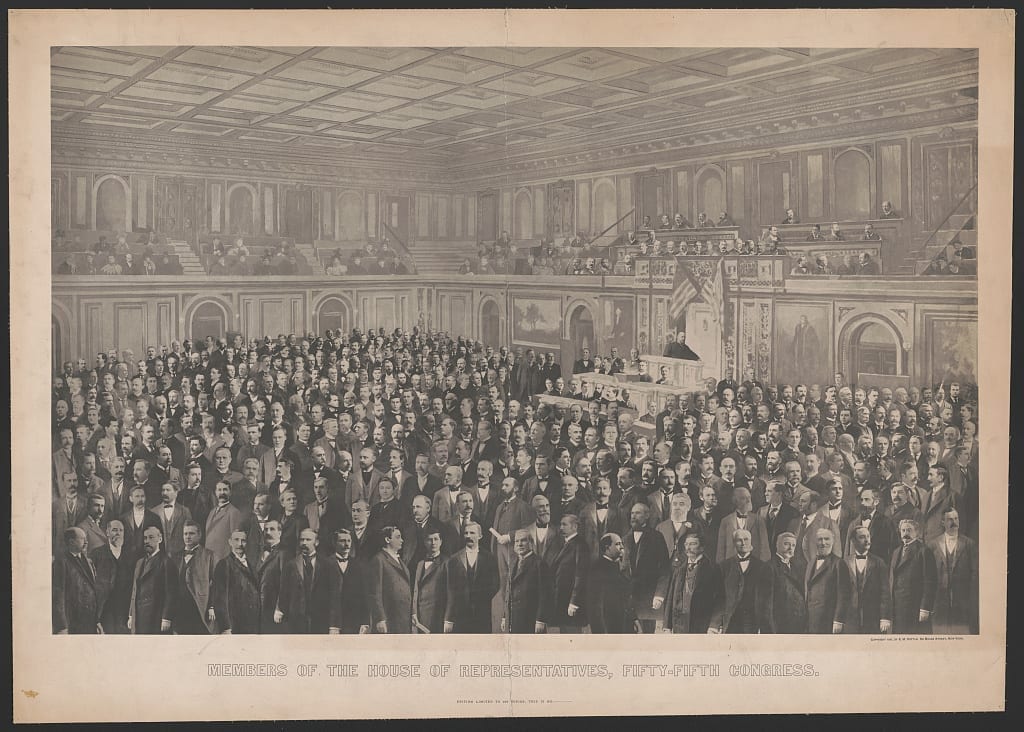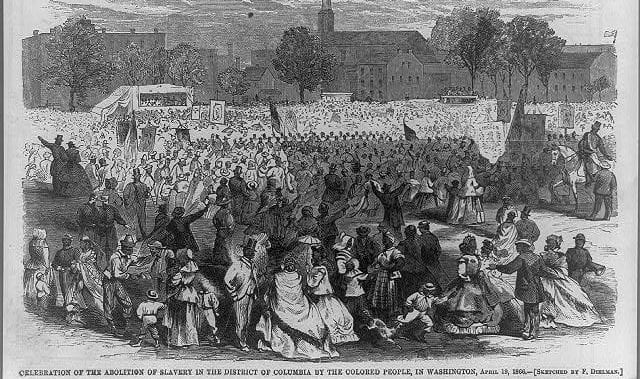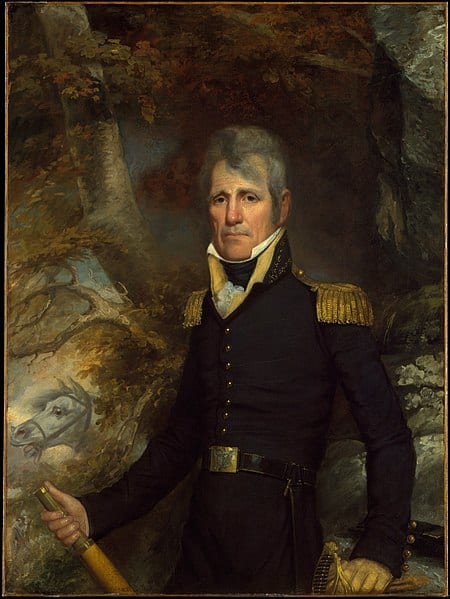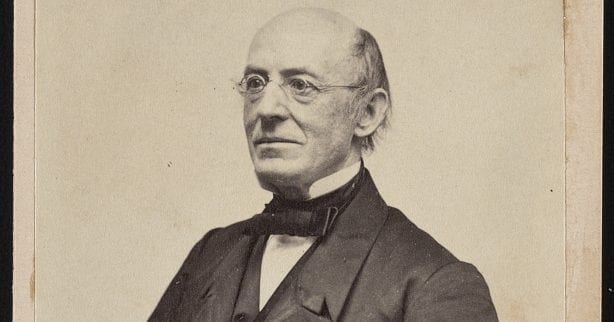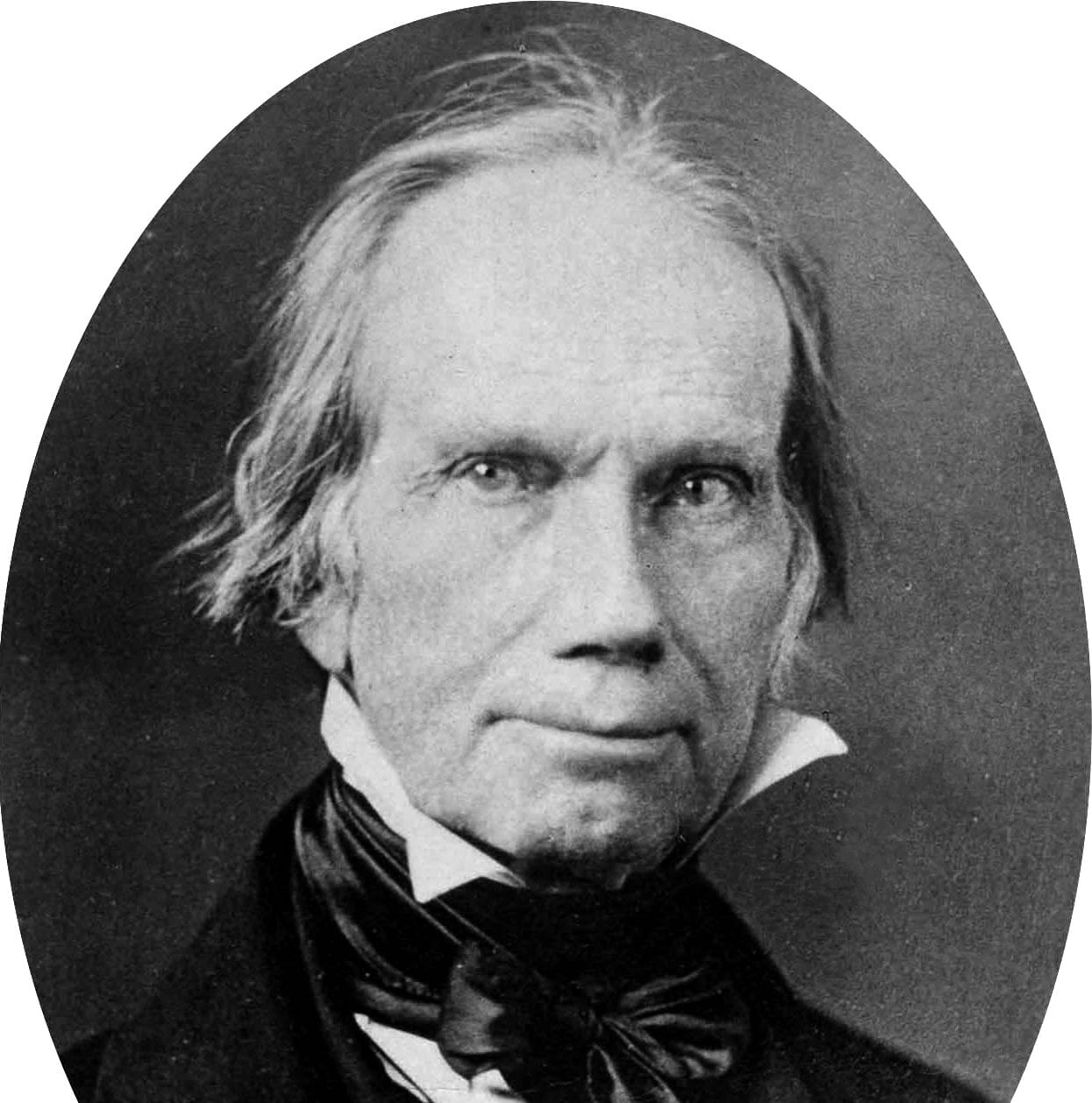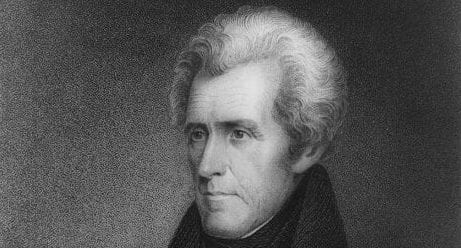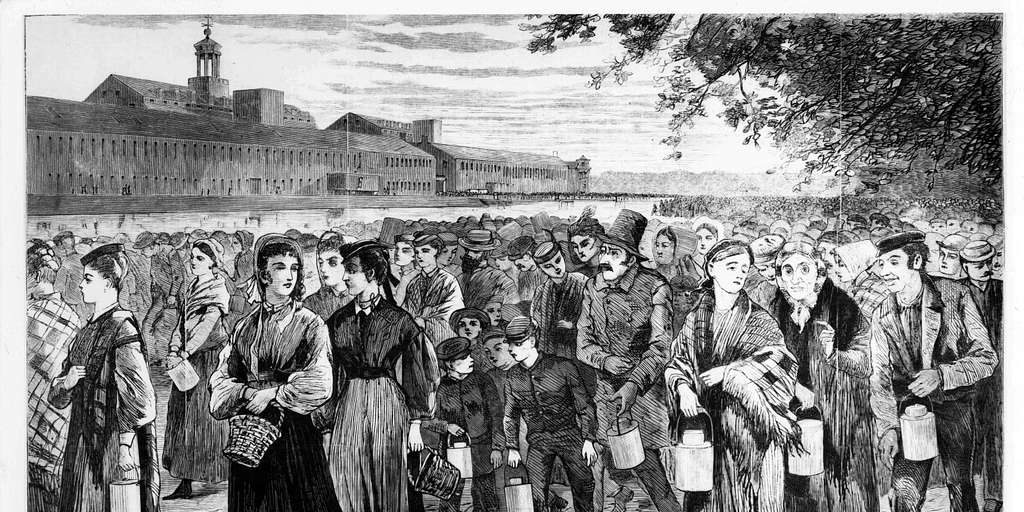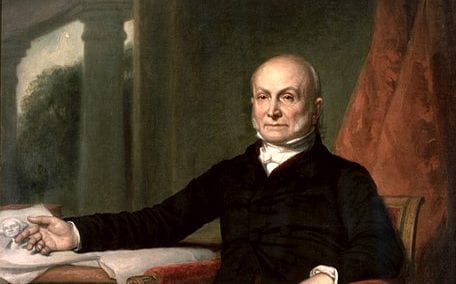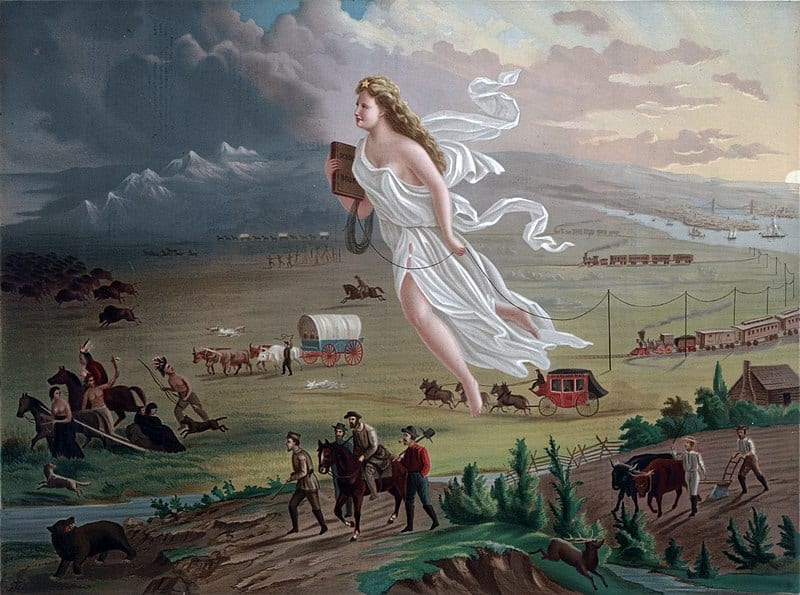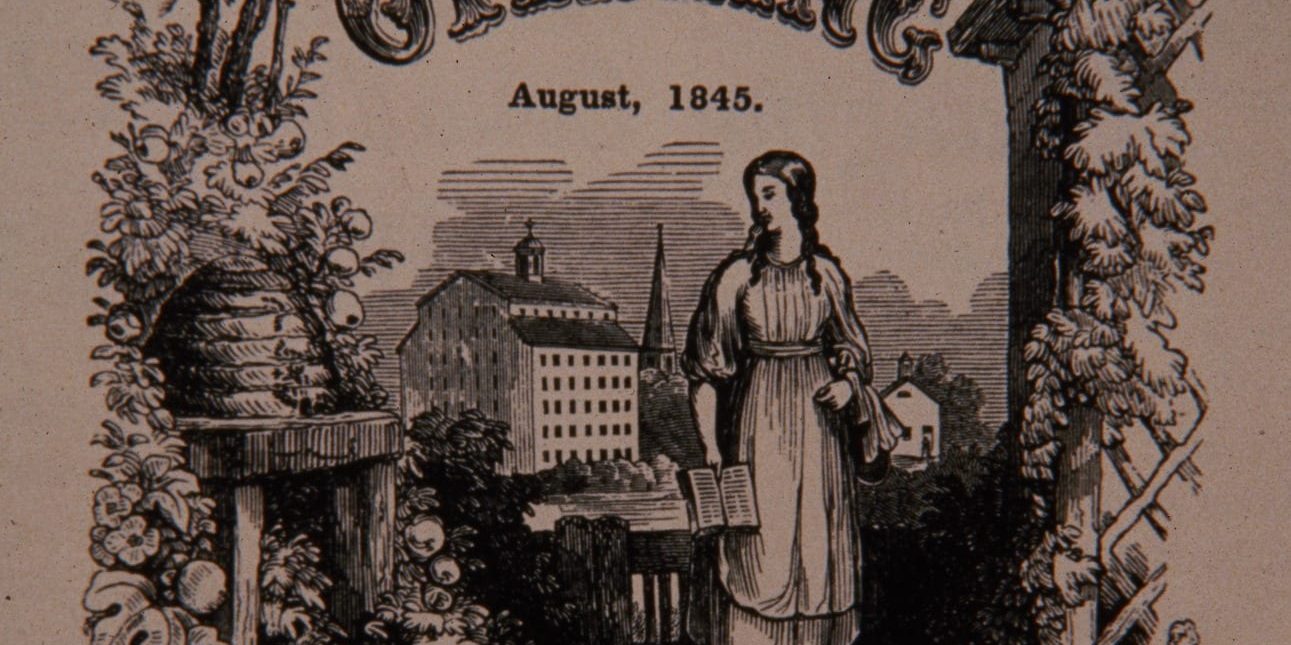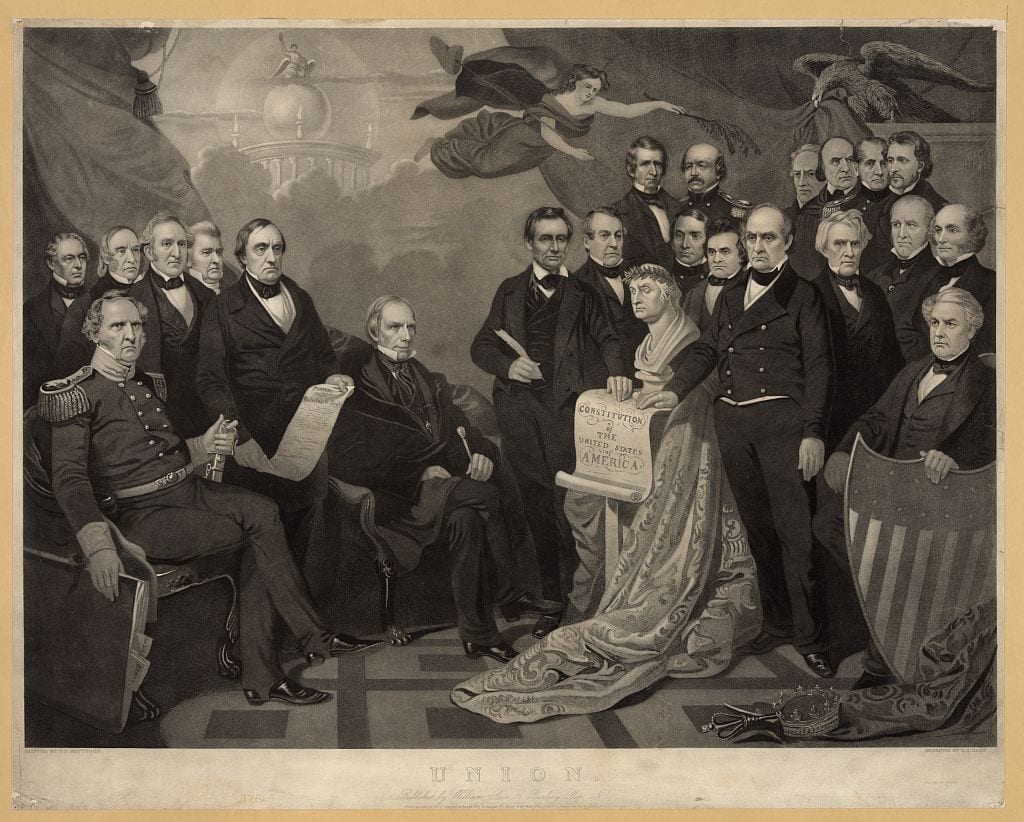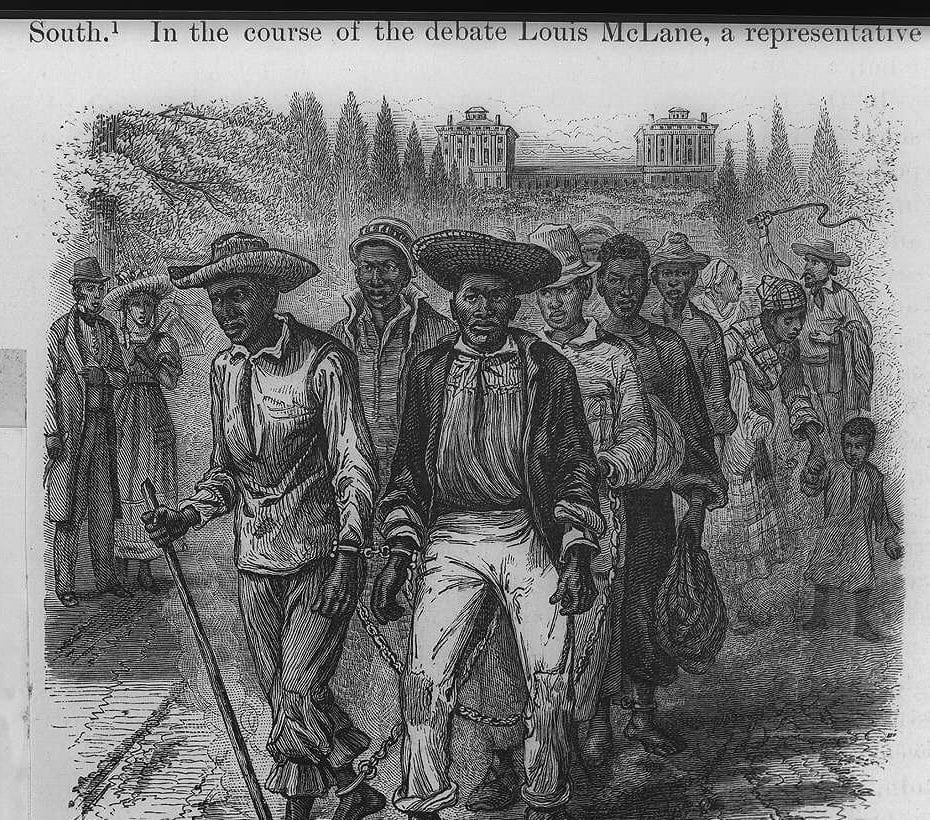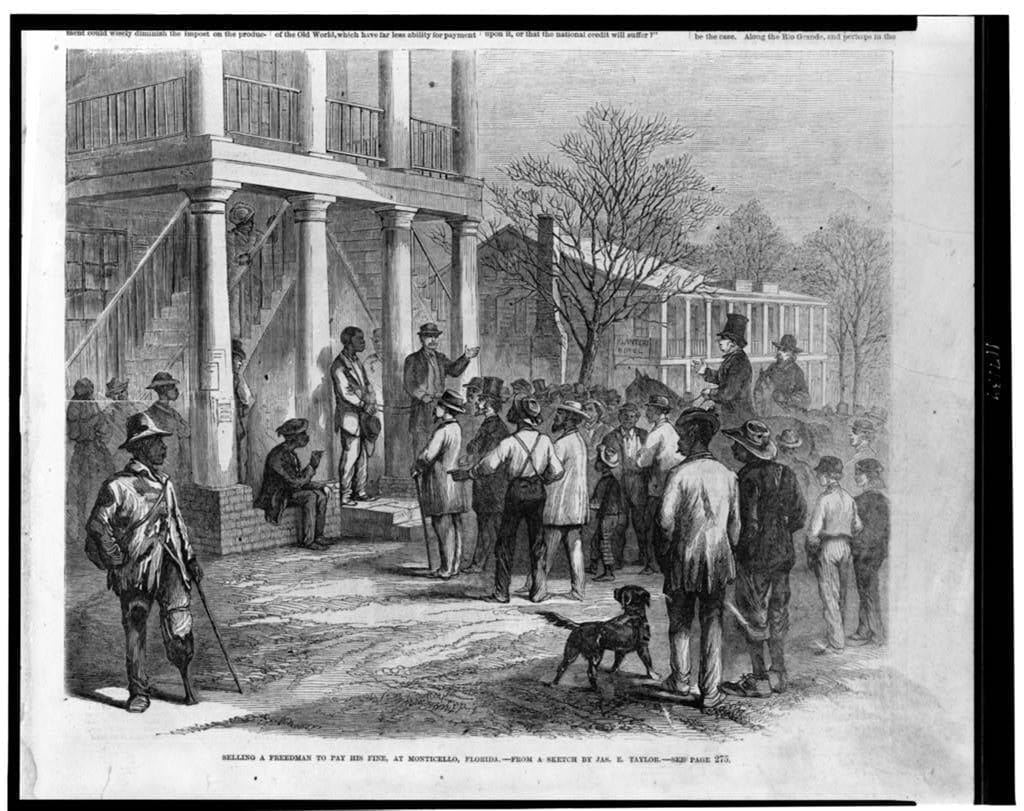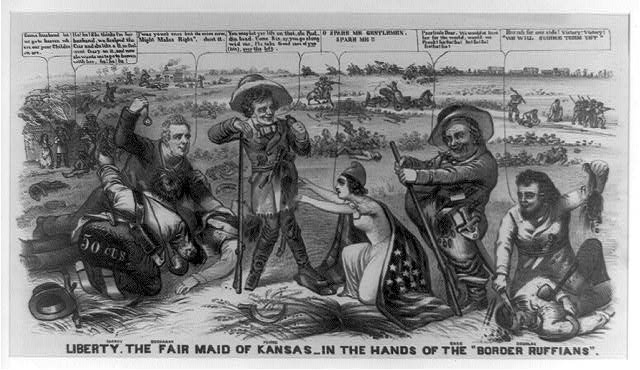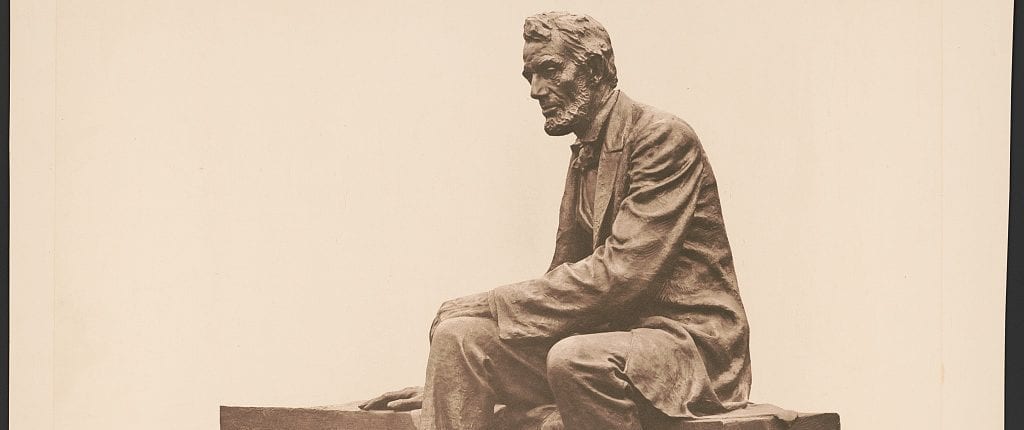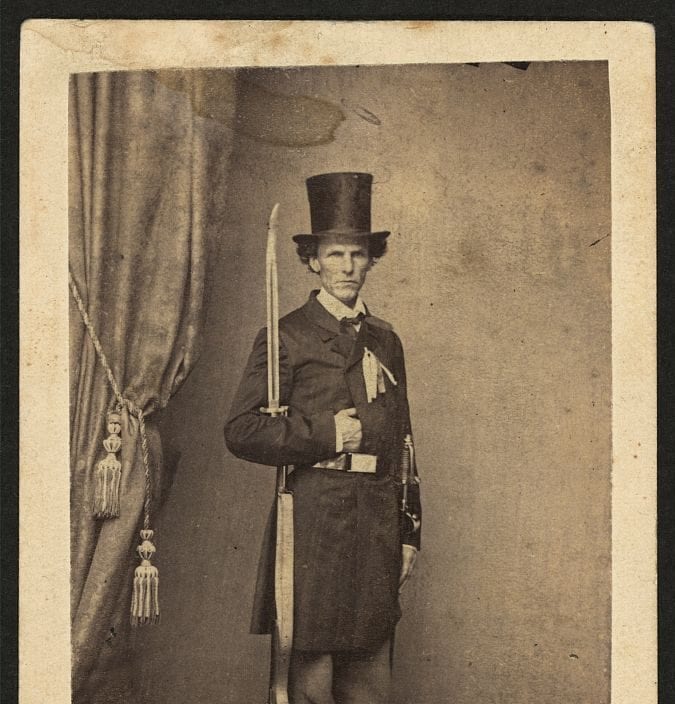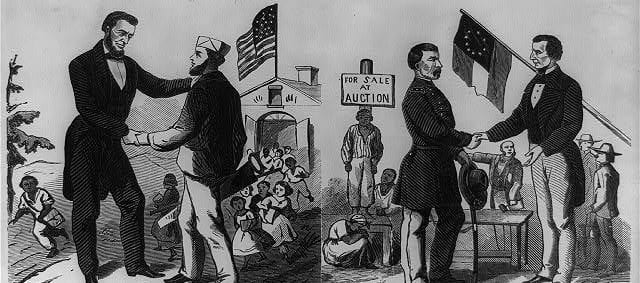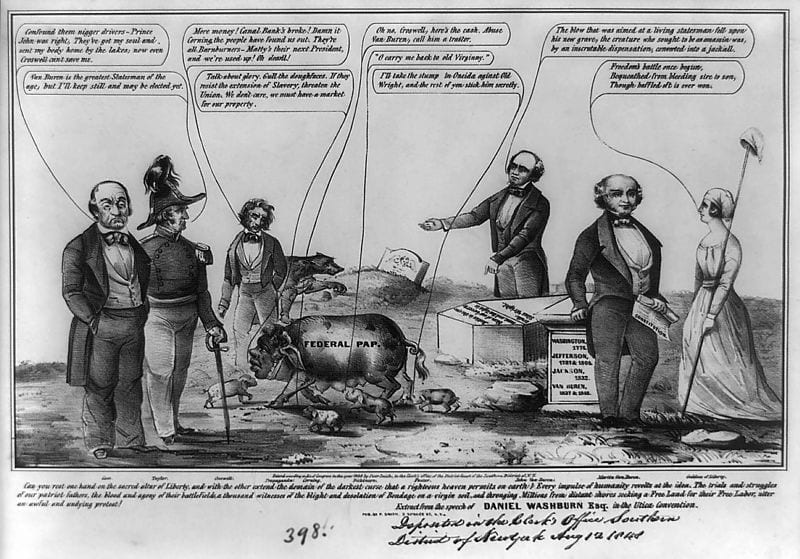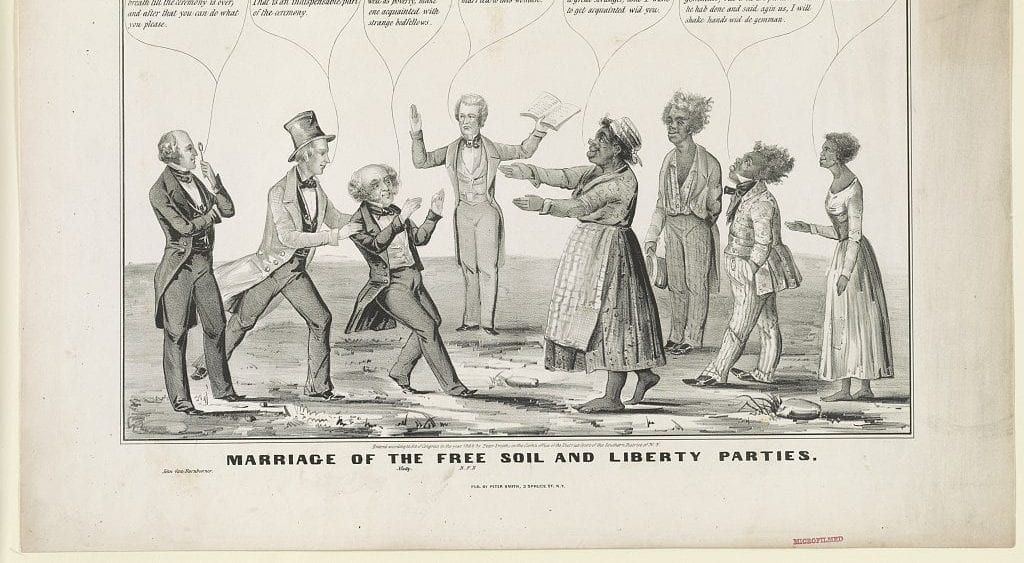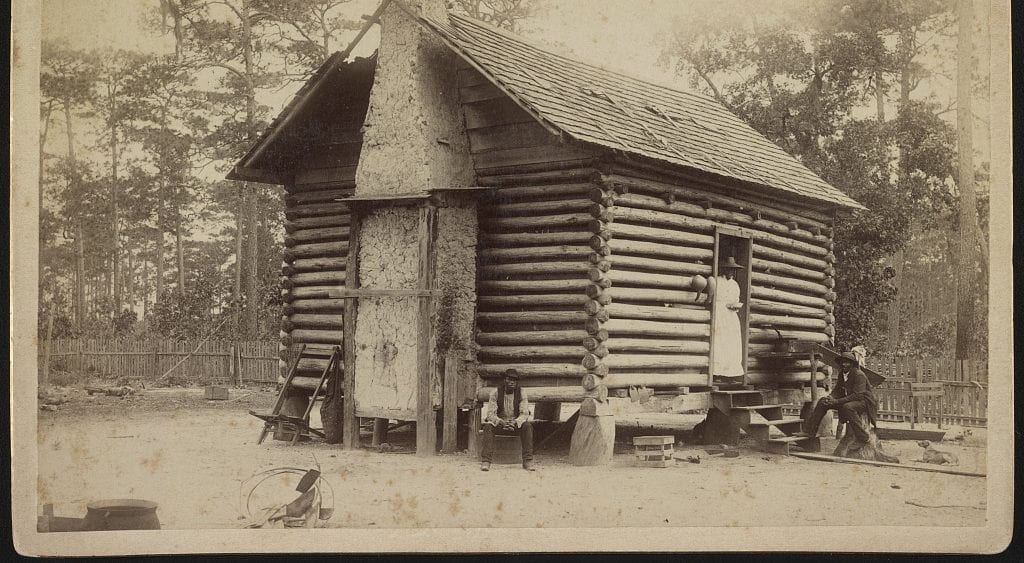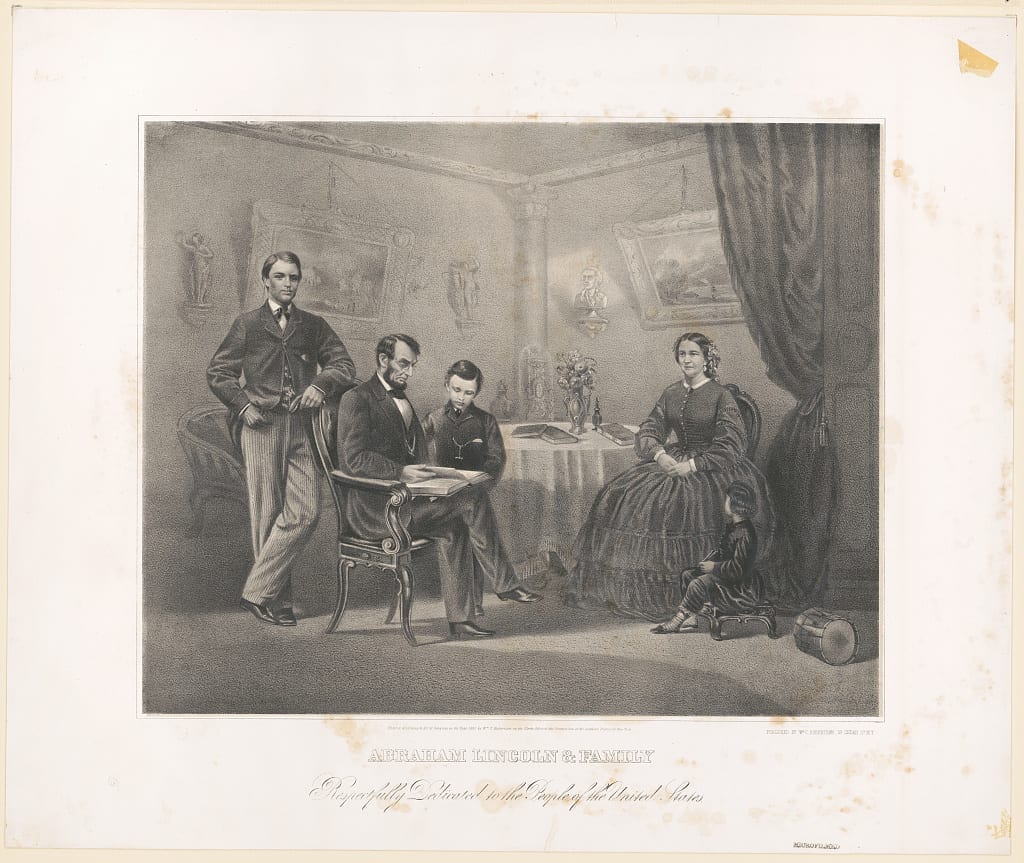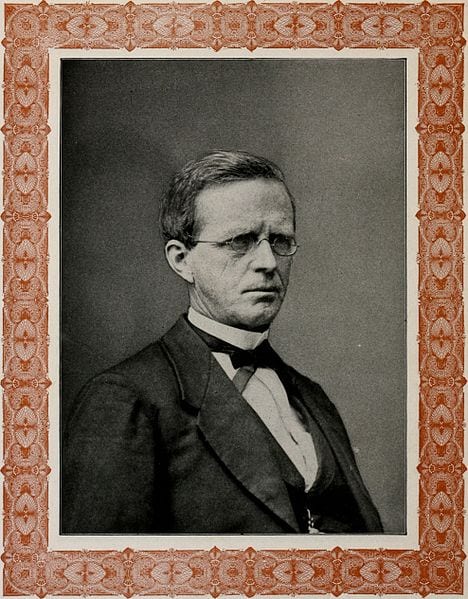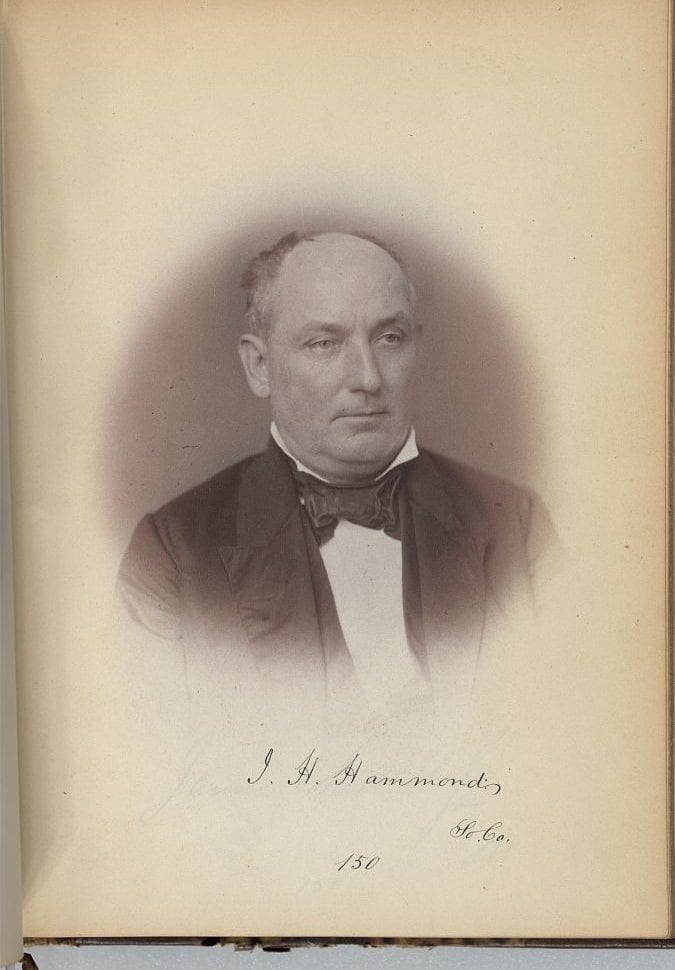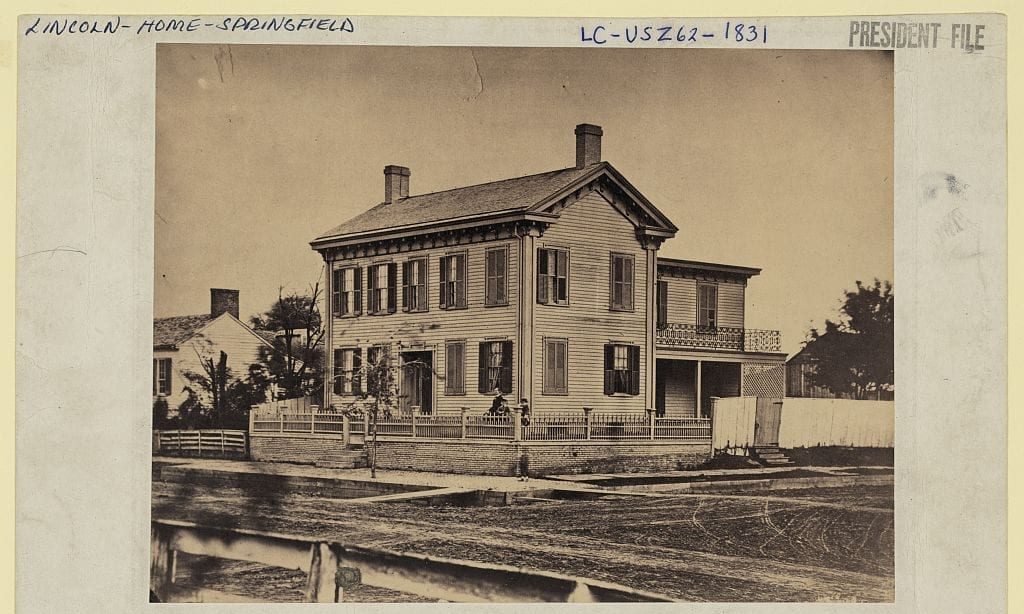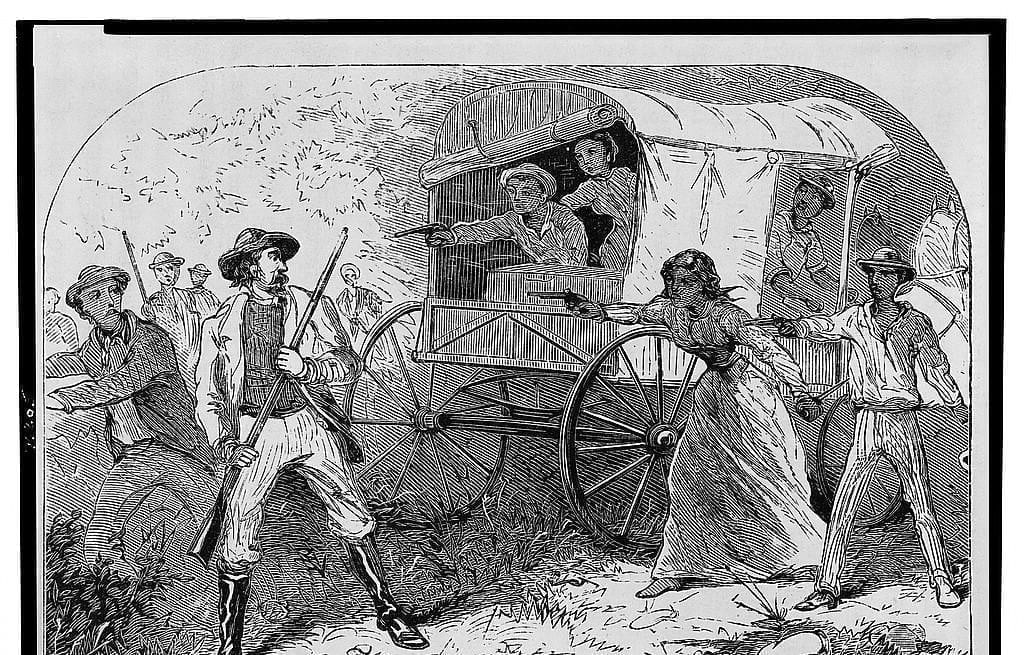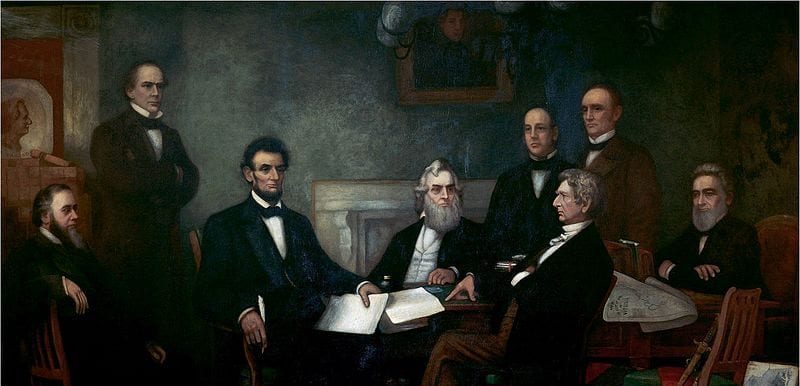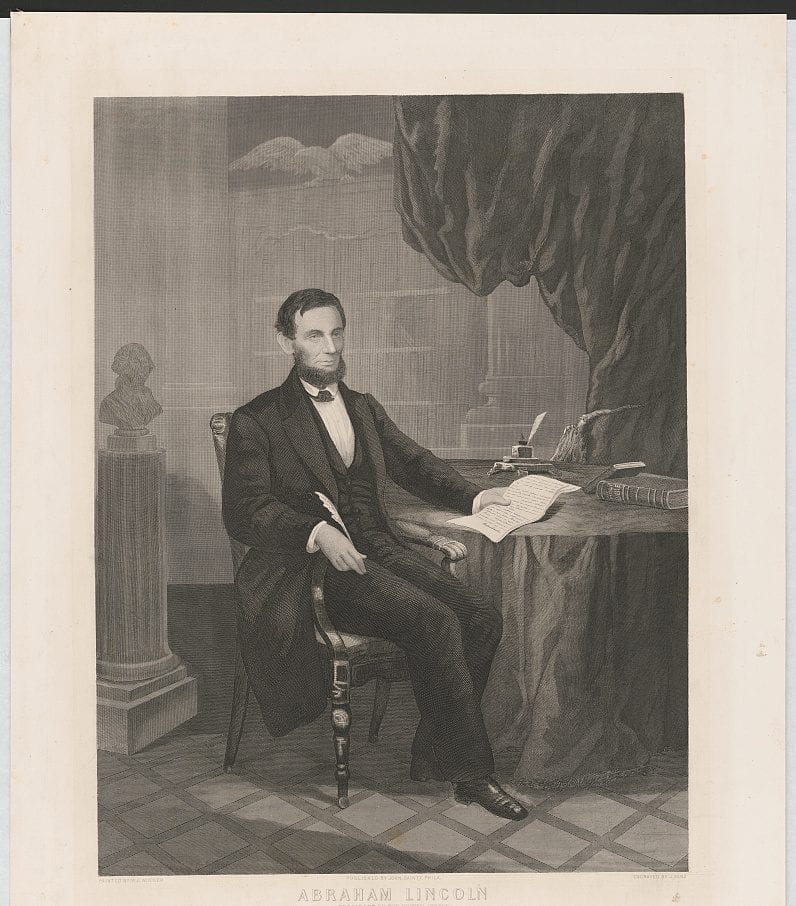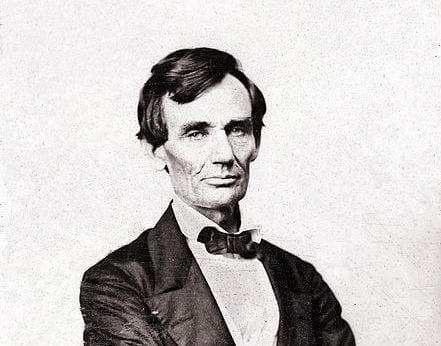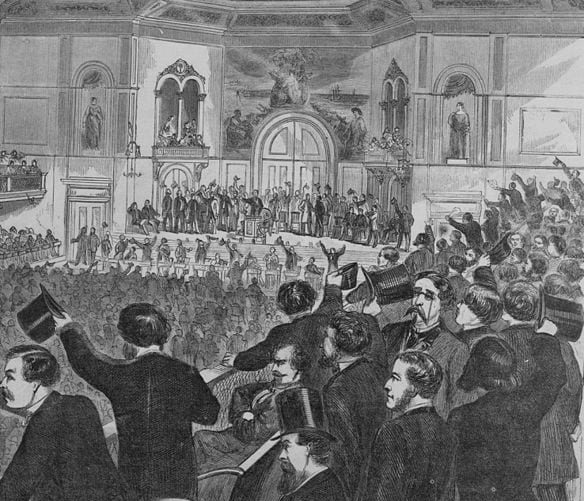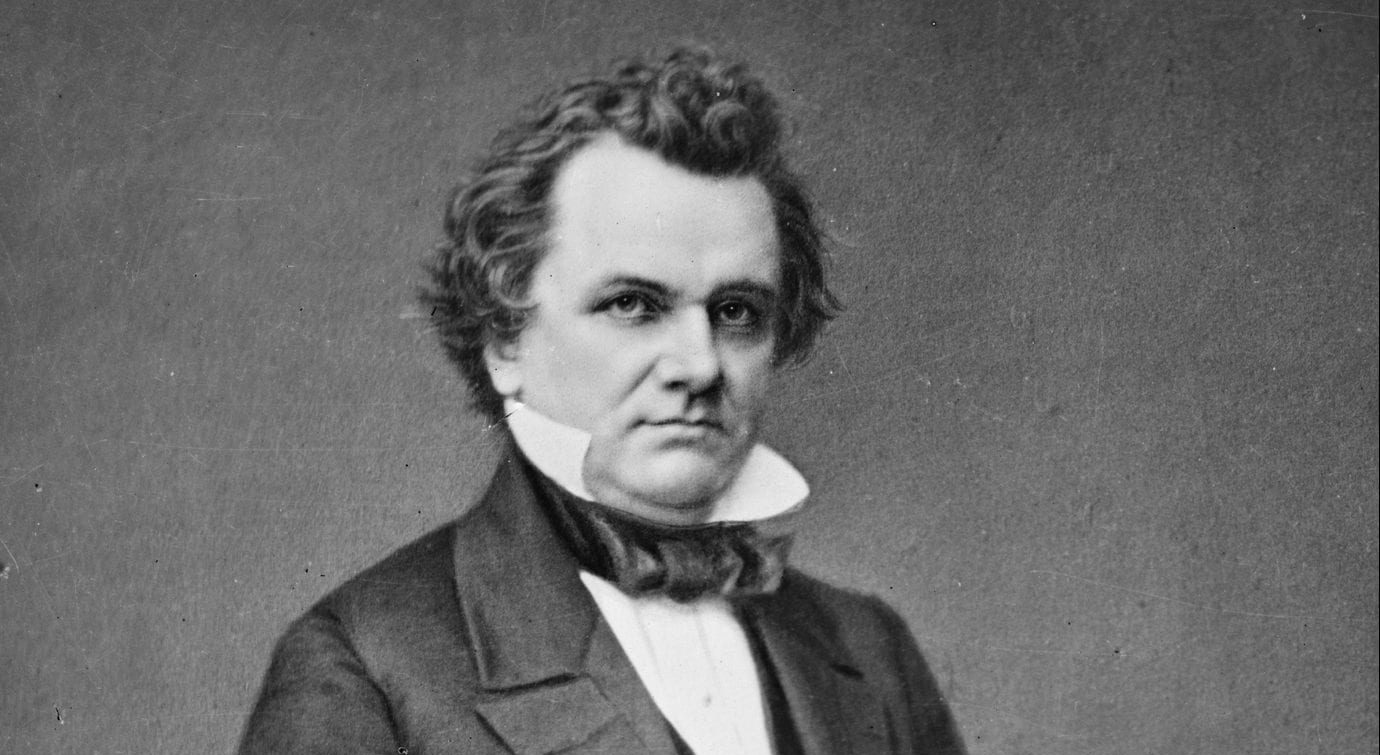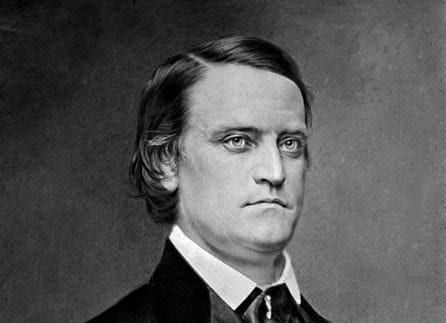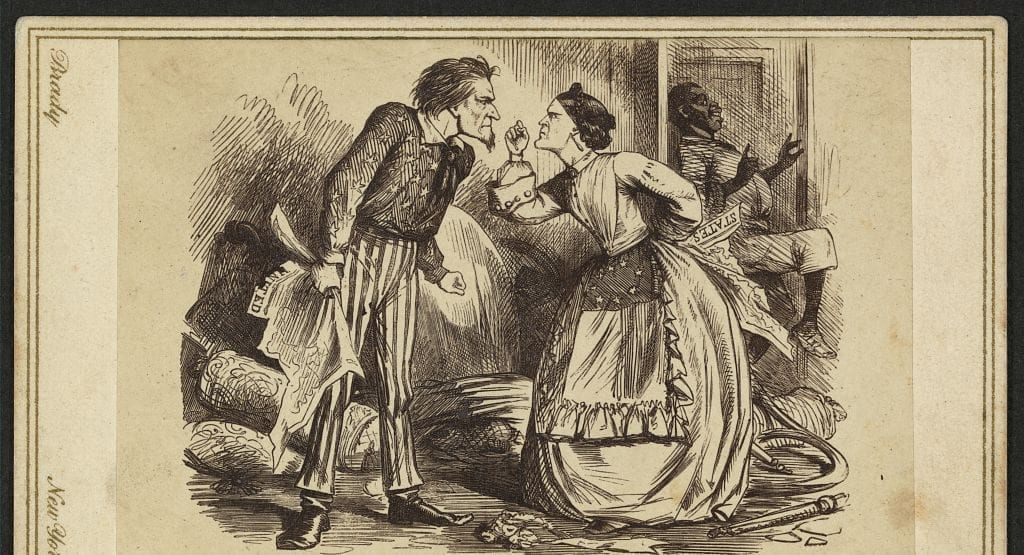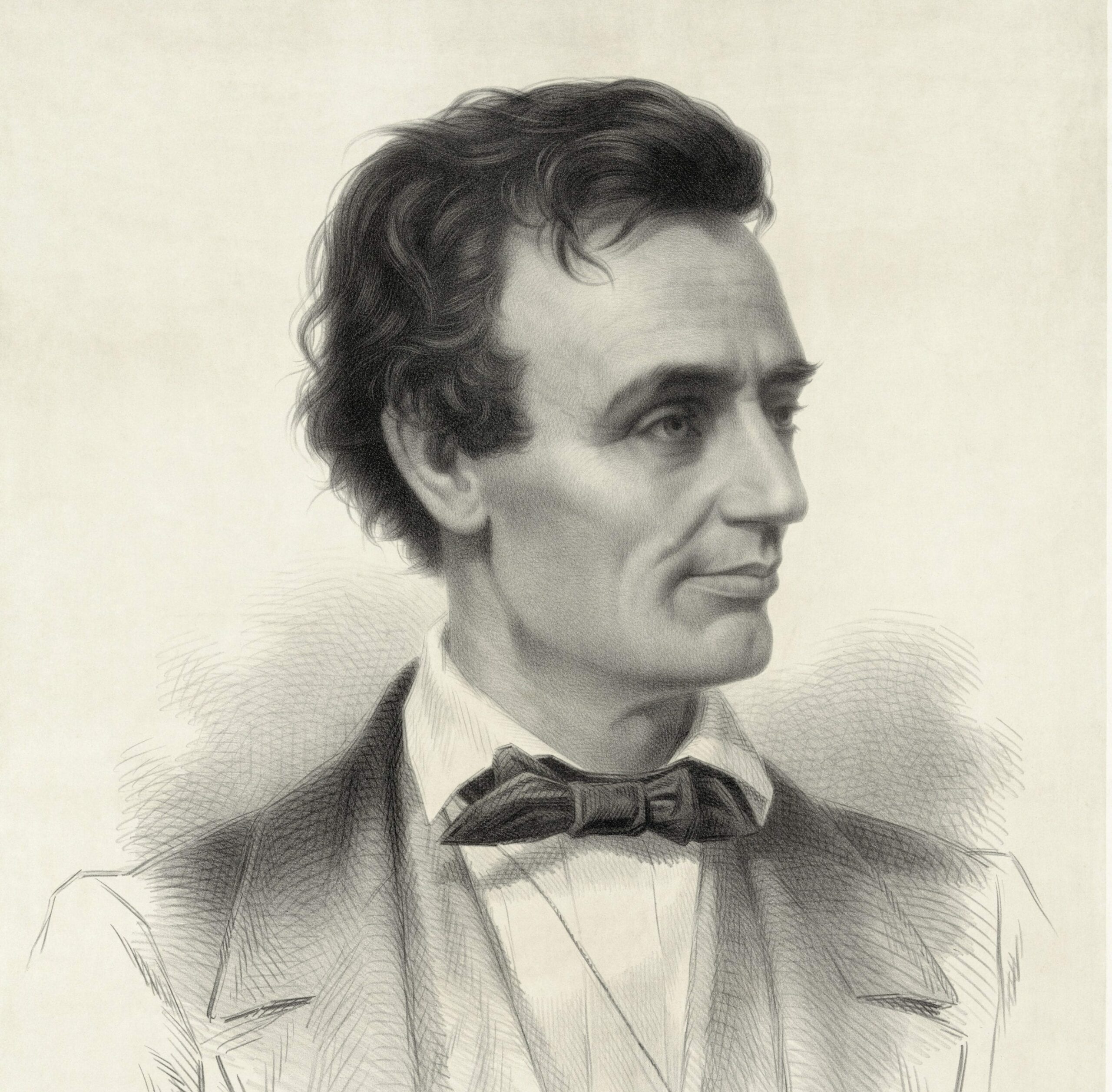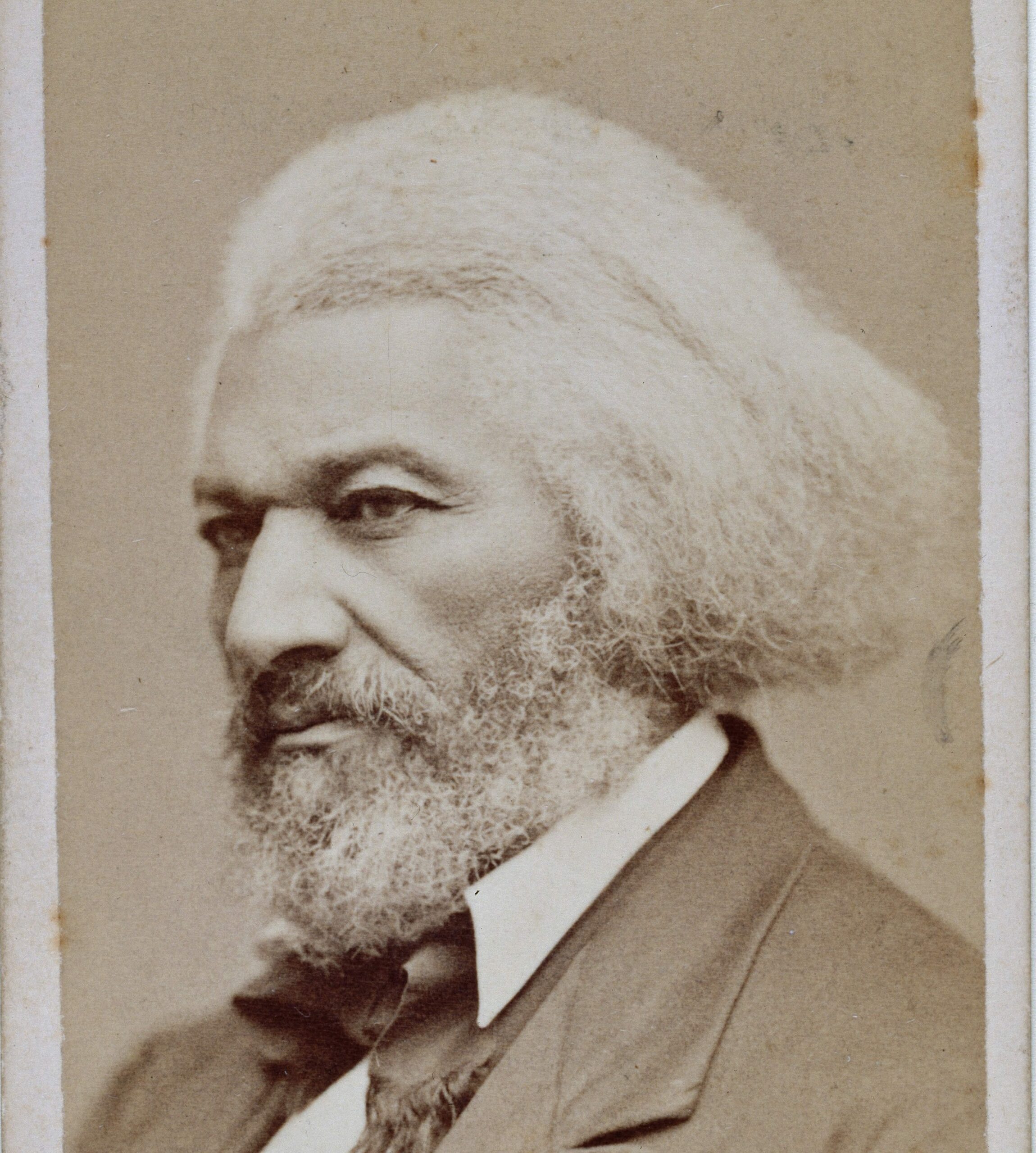
No study questions
No related resources
“RESOLVED, That to conquer Mexico and to hold it, either as a province or to incorporate it into the Union, would be inconsistent with the avowed object for which the war has been prosecuted; a departure from the settled policy of the Government; in conflict with its character and genius; and in the end subversive of our free and popular institutions.”
“RESOLVED, That no line of policy in the further prosecution of the war should be adopted which may lead to consequences so disastrous.”
In offering, Senators, these resolutions for your consideration, I have been governed by the reasons which induced me to oppose the war, and by the same considerations I have been ever since guided. In alluding to my opposition to the war, I do not intend to notice the reasons which governed me on that occasion, further than is necessary to explain my motives upon the present. I opposed the war then, not only because I considered it unnecessary, and that it might have been easily avoided; not only because I thought the President had no authority to order a portion of the territory in dispute and in possession of the Mexicans, to be occupied by our troops; not only because I believed the allegations upon which it was sanctioned by Congress, were unfounded in truth; but from high considerations of reason and policy, because I believed it would lead to great and serious evils to the country, and greatly endanger its free institutions.
But after the war was declared, and had received the sanction of the Government, I acquiesced in what I could not prevent, and which it was impossible for me to arrest; and I then felt it to be my duty to limit my course so as to give that direction to the conduct of the war as would, as far as possible, prevent the evil and danger with which, in my opinion, it threatened the country and its institutions. For this purpose, at the last session, I suggested to the Senate a defensive line, and for that purpose, I now offer these resolutions. This, and this only, is the motive which governs me. I am moved by no personal nor party considerations. My object is neither to sustain the Executive, nor to strengthen the Opposition, but simply to discharge an important duty to the country. But I shall express my opinion upon all points with boldness and independence, such as become a Senator who has nothing to ask, either from the Government or from the people, and whose only aim is to diminish, to the smallest possible amount, the evils incident to this war. But when I come to notice those points in which I differ from the President, I shall do it with all the decorum which is due to the Chief Magistrate of the Union.
When I suggested a defensive line, at the last session, this country had in its possession, through the means of its arms, ample territory, and stood in a condition to force indemnity. Before then, the successes of our arms had gained all the contiguous portions of Mexico, and our army has ever since held all that it is desirable to hold—that portion whose population is sparse, and on that account the more desirable to be held. For I hold it in reference to this war a fundamental principle, that when we receive territorial indemnity, it shall be unoccupied territory.
In offering a defensive line, I did it because I believed that, in the first place, it was the only certain mode of terminating the war successfully; I did it, also, because I believed that it would be a vast saving of the sacrifice of human life; but above all, I did so because I saw that any other line of policy would expose us to tremendous evil, which these resolutions were intended to guard against. The President took a different view. He recommended a vigorous prosecution of the war—not for conquest: that was disavowed—but for the purpose of conquering peace; that is, to compel Mexico to sign a treaty making a sufficient cession of territory to indemnify this Government both for the claims of its citizens and for the expenses of the war. Sir, I opposed this policy. I opposed it, among other reasons, because I believed that if the war should be ever so successful, there was great hazard to us, at least, that the object intended to be effected by it would not be accomplished. Congress thought differently. Ample provisions, in men and money, were granted for carrying on the war. The campaign has terminated. It has been as successful as the Executive of the country could possibly have calculated. Victory after victory has followed in succession, without a single reverse. Santa Anna was repelled and defeated, with all his forces. Vera Cruz was carried, and the Castle with it. Jalapa, Perote, and Puebla fell; and, after two great triumphs of our army, the gates of Mexico opened to us. Well, sir, what has been accomplished? What has been done? Has the avowed object of the war been attained? Have we conquered peace? Have we obtained a treaty? Have we obtained any indemnity? No, sir: not a single object contemplated has been effected; and, what is worse, our difficulties are greater now than they were then, and the objects, forsooth, more difficult to reach than they were before the campaign commenced.
So much for the past; we now come to the commencement of another campaign; and the question is, What shall be done? The same measures are proposed. It is still “a vigorous prosecution of the war.” The measures are identically the same. It is not for conquest — that is now as emphatically disowned as it was in the first instance. The object is not to blot Mexico out of the list of nations, for the President is emphatic in the expression of his desire to maintain the nationality of Mexico. He desires to see her an independent and flourishing community, and assigns strong and cogent reasons for all that. Well, sir, the question is now, What ought to be done? We are now coming to the practical question, Shall we aim at carrying on another vigorous campaign under present circumstances?
Mr. President, I have examined this question with care, and I repeat, that I cannot support the recommendations of the President. There are many and powerful reasons, stronger than those which existed at the commencement of the last campaign, to justify my opposition now. The cost in money will be vastly greater. There is a bill for ten additional regiments now before the Senate, and another bill providing for twenty regiments of volunteers has been reported, making in all, not less, I suppose, than twenty-five thousand troops; raising the number of troops in the service—as, I presume, the chairman of the Committee on Military Affairs can inform you—to not much less than seventy thousand in the whole. Well, sir, the expense will be much more than that of the last campaign. It will cost not much short of sixty millions of dollars.
Sir, we have heard how much glory our country has acquired in this war. I acknowledge it to the full amount, Mr. President, chivalrously; they have conferred honor on the country, for which I sincerely thank them.
Mr. President, I believe all our thanks will be confined to our army. So far as I know, in the civilized world there is no approbation of the conduct of the civil portion of our power. On the contrary, everywhere the declaration is made that we are an ambitious, unjust, hard people, more given to war than any people of modern times. Whether this be true or not, it is not for me to inquire. I am speaking now merely of the reputation which we heard abroad—everywhere, I believe; for as much as we have gained in military reputation abroad, I regret to perceive, we have lost in our political and civil reputation. Now, sir, much as I regard military glory; much as I rejoice to behold our people in possession of the indomitable energy and courage which surmount all difficulties, and which class them amongst the first military people of the age, I would be very sorry indeed that our Government should lose any reputation for wisdom, moderation, discretion, justice, and those other high qualities which have distinguished us in the early stages of our history.
The next reason which my resolutions assign, is, that it is without example or precedent, wither to hold Mexico as a province, or to incorporate her into our Union. No example of such a line of policy can be found. We have conquered many of the neighboring tribes of Indians, but we have never thought of holding them in subjection—never of incorporating them into our Union. They have either been left as an independent people amongst us, or been driven into the forests.
I know further, sir, that we have never dreamt of incorporating into our Union any but the Caucasian race—the free white race. To incorporate Mexico, would be the very first instance of the kind of incorporating an Indian race; for more than half of the Mexicans are Indians, and the other is composed chiefly of mixed tribes. I protest against such a union as that! Ours, sir, is the Government of a white race. The greatest misfortunes of Spanish America are to be traced to the fatal error of placing these colored races on an equality with the white race. That error destroyed the social arrangement which formed the basis of society. The Portuguese and ourselves have escaped—the Portuguese at least to some extent—and we are the only people on this continent which have made revolutions without being followed by anarchy. And yet it is professed and talked about to erect these Mexicans into a Territorial Government, and place them on an equality with the people of the United States. I protest utterly against such a project.
Sir, it is a remarkable fact, that in the whole history of man, as far as my knowledge extends, there is no instance whatever of any civilized colored races being found equal to the establishment of free popular government, although by far the largest portion of the human family is composed of these races. And even in the savage state we scarcely find them anywhere with such government, except it be our noble savages—for noble I will call them. They, for the most part, had free institutions, but they are easily sustained among a savage people. Are we to overlook this fact? Are we to associate with ourselves as equals, companions, and fellow-citizens, the Indians and mixed race of Mexico? Sir, I should consider such a thing as fatal to our institutions.
The next two reasons which I assigned, were, that it would be in conflict with the genius and character of our institutions, and subversive of our free government. I take these two together, as intimately connected; and now of the first—to hold Mexico in subjection.
Mr. President, there are some propositions too clear for argument; and before such a body as the Senate, I should consider it a loss of time to undertake to prove that to hold Mexico as a subjected province would be hostile, and in conflict with our free popular institutions, and in the end subversive of them. Sir, he who knows the American Constitution well—he who has duly studied its character—he who has looked at history, and knows what has been the effect of conquests of free States invariably, will require no proof at my hands to show that it would be entirely hostile to the institutions of the country to hold Mexico as a province. There is not an example on record of any free State even having attempted the conquest of any territory approaching the extent of Mexico without disastrous consequences. The nations conquered have in time conquered the conquerers by destroying their liberty. That will be our case, sir. The conquest of Mexico would add so vast an amount to the patronage of this Government, that it would absorb the whole power of the States in the Union. This Union would become imperial, and the States mere subordinate corporations. But the evil will not end there. The process will go on. The same process by which the power would be transferred from the States to the Union, will transfer the whole from this department of the Government (I speak of the Legislature) to the Executive. All the added power and added patronage which conquest will create, will pass to the Executive. In the end, you put in the hands of the Executive the power of conquering you. You give to it, sir, such splendor, such ample means, that, with the principle of proscription which unfortunately prevails in our country, the struggle will be greater at every Presidential election than our institutions can possibly endure. The end of it will be, that that branch of Government will become all-powerful, and the result is inevitable—anarchy and despotism. It is as certain as that I am this day addressing the Senate.
But, Mr. President, suppose all these difficulties removed; suppose these people attached to our Union, and desirous of incorporating with us, ought we to bring them in? Are they fit to be connected with us? Are they fit for self-government and for governing you? Are you, any of you, willing that your States should be governed by these twenty-odd Mexican States, with a population of about only one million of your blood, and two or three millions of mixed blood, better informed, all the rest pure Indians, a mixed blood equally ignorant and unfit for liberty, impure races, not as good as Cherokees or Choctaws?
We make a great mistake, sir, when we suppose that all people are capable of self-government. We are anxious to force free government on all; and I see that it has been urged in a very respectable quarter, that it is the mission of this country to spread civil and religious liberty over all the world, and especially over this continent. It is a great mistake. None but people advanced to a very high state of moral and intellectual improvement are capable, in a civilized state, of maintaining free government; and amongst those who are so purified, very few, indeed, have had the good fortune of forming a constitution capable of endurance. It is a remarkable fact in the history of man, that scarcely ever have free popular institutions been formed by wisdom alone that have endured.
It has been the work of fortunate circumstances, or a combination of circumstances—a succession of fortunate incidents of some kind—which give to any people a free government. It is a very difficult task to make a constitution to last, though it may be supposed by some that they can be made to order, and furnished at the shortest notice. Sir, this admirable Constitution of our own was the result of a fortunate combination of circumstances. It was superior to the wisdom of the men who made it. It was the force of circumstances which induced them to adopt most of its wise provisions. Well, sir, of the few nations who have the good fortune to adopt self-government, few have had the good fortune long to preserve that government; for it is harder to preserve than to form it. Few people, after years of prosperity, remember the tenure by which their liberty is held; and I fear, Senators, that is our own condition. I fear that we shall continue to involve ourselves until our own system becomes a ruin. Sir, there is no solicitude now for liberty. Who talks of liberty when any great question comes up? Here is a question of the first magnitude as to the conduct of this war; do you hear anybody talk about its effect upon our liberties and our free institutions? No, sir. That was not the case formerly. In the early stages of our Government, the great anxiety was how to preserve liberty; the great anxiety now is for the attainment of mere military glory. In the one, we are forgetting the other. The maxim of former times was, that power is always stealing from the many to the few; the price of liberty was perpetual vigiliance. They were constantly looking out and watching for danger. Then, when any great question came up, the first inquiry was, how it could affect our free institutions—how it could affect our liberty. Not so now. Is it because there has been any decay of the spirit of liberty among the people? Not at all. I believe the love of liberty was never more ardent, but they have forgotten the tenure of liberty by which alone it is preserved.
We think we may now indulge in everything with impunity, as if we held our charter of liberty by “right divine”—from Heavan itself. Under these impressions, we plunge into war, we contract heavy debts, we increase the patronage of the Executive, and we even talk of a crusade to force our institutions, our liberty, upon all people. There is no species of extravagance which our people imagine will endanger their liberty in any degree. But it is a great and fatal mistake. The day of retribution will come. It will come as certainly as I am now addressing the Senate; and when it does come, awful will be the reckoning—heavy the responsibility somewhere!

Conversation-based seminars for collegial PD, one-day and multi-day seminars, graduate credit seminars (MA degree), online and in-person.














